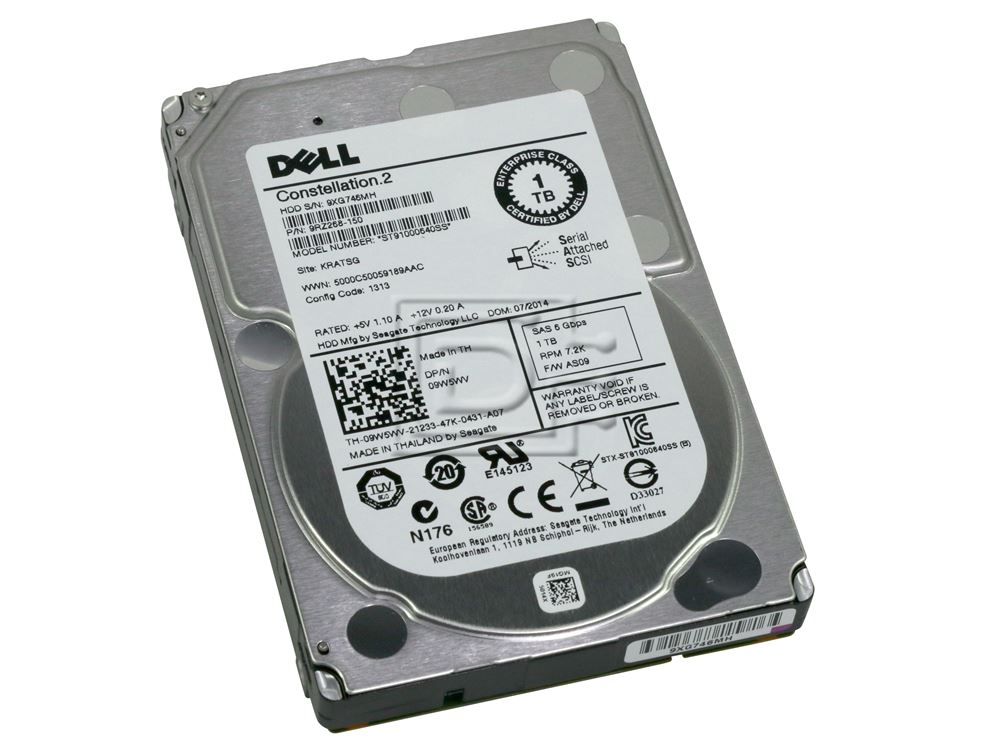LearnLearnLearn
Patron
- Joined
- Apr 26, 2015
- Messages
- 320
Code:
# midclt call tunable.query | jq
[
{
"id": 3,
"value": "2",
"type": "LOADER",
"comment": "",
"enabled": true,
"var": "hint.isp.0.role"
},
{
"id": 4,
"value": "2",
"type": "LOADER",
"comment": "",
"enabled": true,
"var": "hint.isp.1.role"
},
{
"id": 5,
"value": "2",
"type": "LOADER",
"comment": "",
"enabled": true,
"var": "hint.isp.2.role"
},
{
"id": 6,
"value": "2",
"type": "LOADER",
"comment": "",
"enabled": true,
"var": "hint.isp.3.role"
},
{
"id": 7,
"value": "0",
"type": "LOADER",
"comment": "?",
"enabled": true,
"var": "hw.pci.honor_msi_blacklist"
},
{
"id": 8,
"value": "2048",
"type": "LOADER",
"comment": "256",
"enabled": true,
"var": "hw.vmx.rxndesc"
},
{
"id": 9,
"value": "16",
"type": "LOADER",
"comment": "8",
"enabled": true,
"var": "hw.vmx.rxnqueue"
},
{
"id": 10,
"value": "1024",
"type": "LOADER",
"comment": "512",
"enabled": true,
"var": "hw.vmx.txndesc"
},
{
"id": 11,
"value": "16777216",
"type": "SYSCTL",
"comment": "2097152",
"enabled": true,
"var": "kern.ipc.maxsockbuf"
},
{
"id": 12,
"value": "1024",
"type": "SYSCTL",
"comment": "128",
"enabled": true,
"var": "kern.ipc.soacceptqueue"
},
{
"id": 13,
"value": "2048",
"type": "SYSCTL",
"comment": "256",
"enabled": true,
"var": "net.inet.ip.intr_queue_maxlen"
},
{
"id": 14,
"value": "4194304",
"type": "SYSCTL",
"comment": "16384",
"enabled": true,
"var": "net.inet.tcp.recvbuf_inc"
},
{
"id": 15,
"value": "16777216",
"type": "SYSCTL",
"comment": "2097152",
"enabled": true,
"var": "net.inet.tcp.recvbuf_max"
},
{
"id": 16,
"value": "4194304",
"type": "SYSCTL",
"comment": "65536",
"enabled": true,
"var": "net.inet.tcp.recvspace"
},
{
"id": 17,
"value": "4194304",
"type": "SYSCTL",
"comment": "8192",
"enabled": true,
"var": "net.inet.tcp.sendbuf_inc"
},
{
"id": 18,
"value": "16777216",
"type": "SYSCTL",
"comment": "2097152",
"enabled": true,
"var": "net.inet.tcp.sendbuf_max"
},
{
"id": 19,
"value": "4194304",
"type": "SYSCTL",
"comment": "32768",
"enabled": true,
"var": "net.inet.tcp.sendspace"
},
{
"id": 20,
"value": "0",
"type": "SYSCTL",
"comment": "Preclude unnecessary ARP info logging",
"enabled": true,
"var": "net.link.ether.inet.log_arp_movements"
},
{
"id": 21,
"value": "2048",
"type": "SYSCTL",
"comment": "256",
"enabled": true,
"var": "net.route.netisr_maxqlen"
}
]

